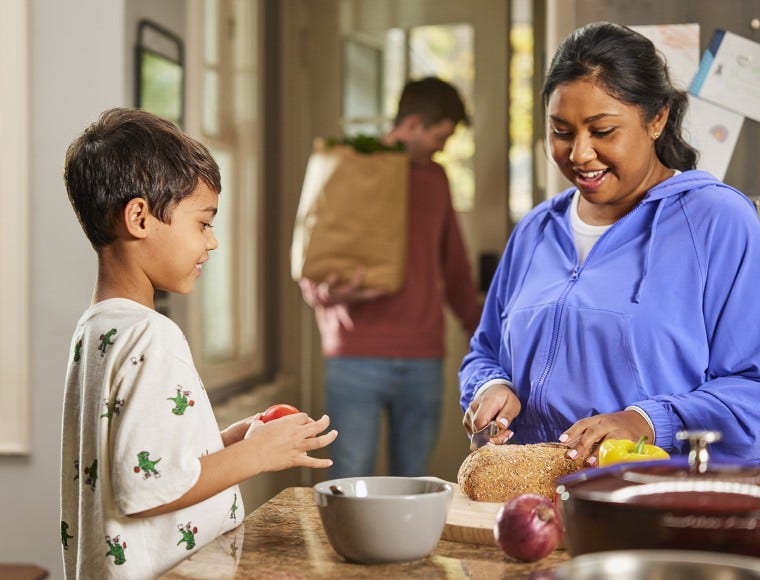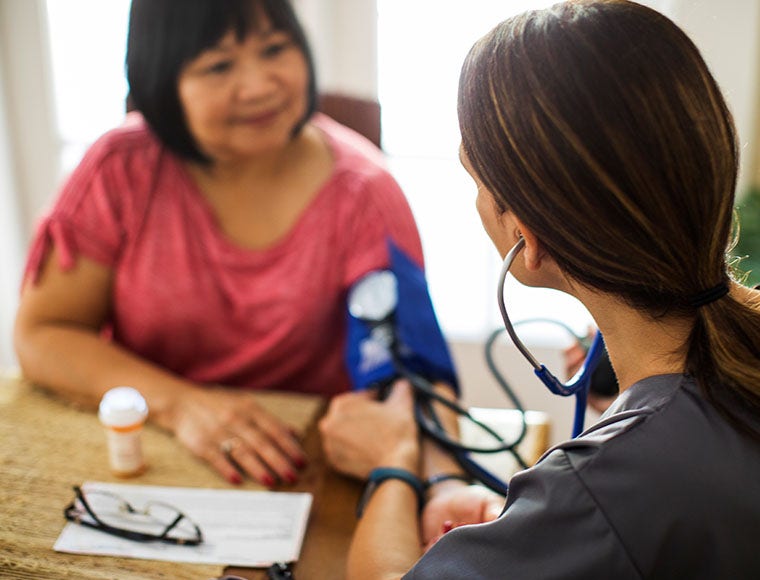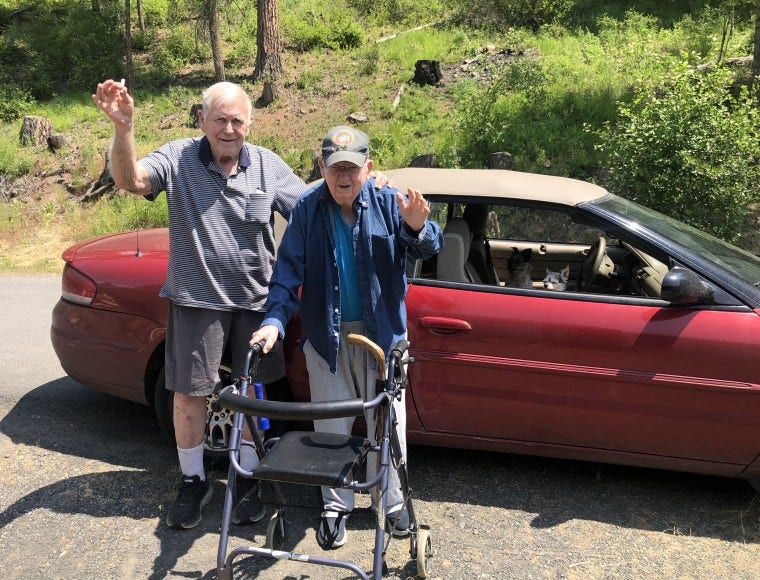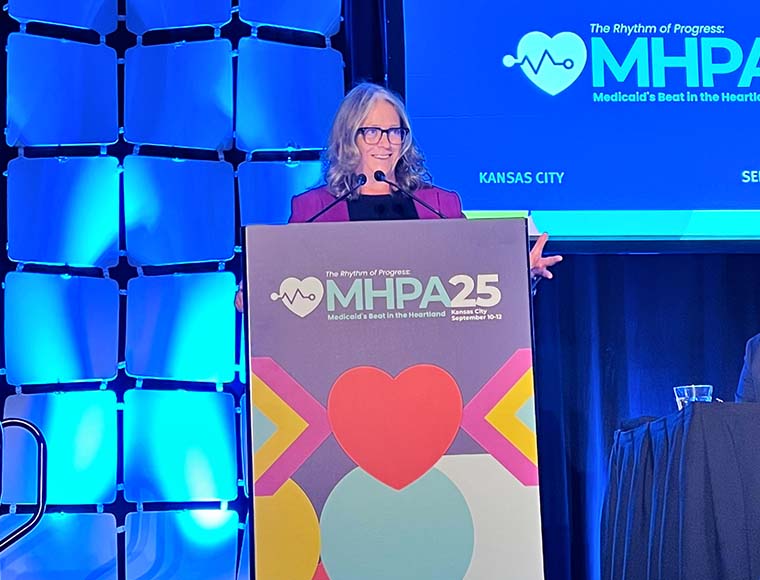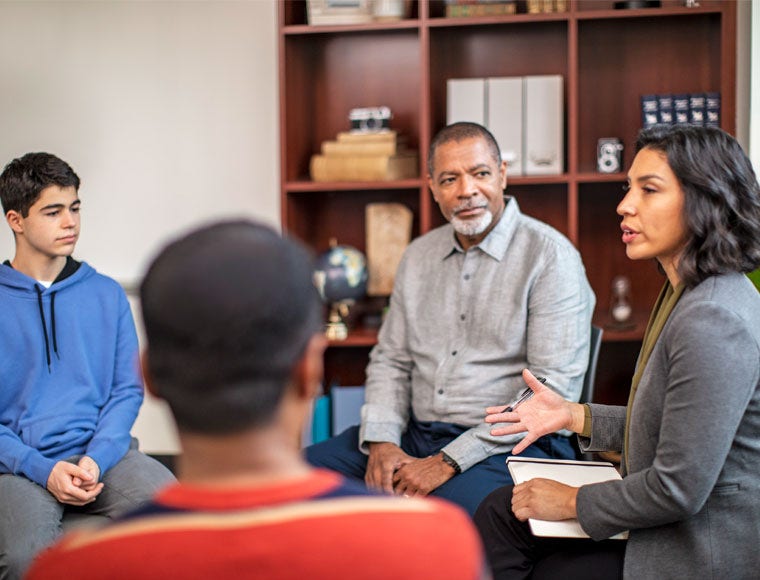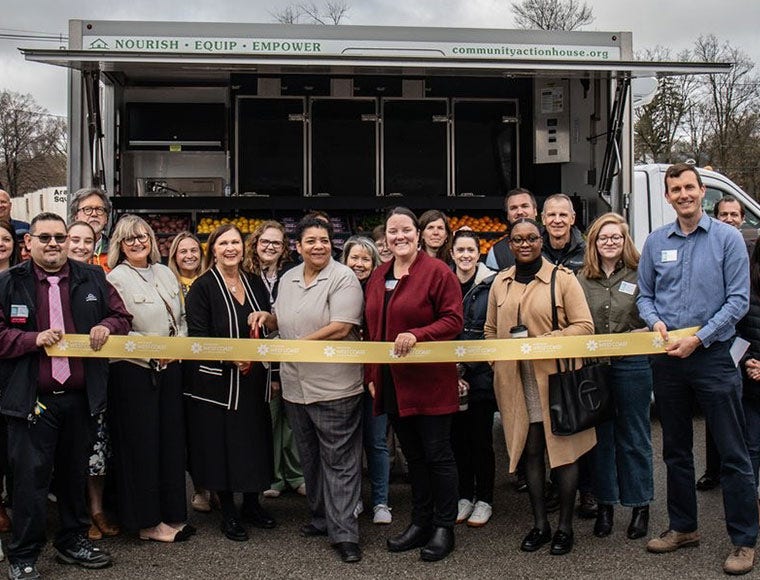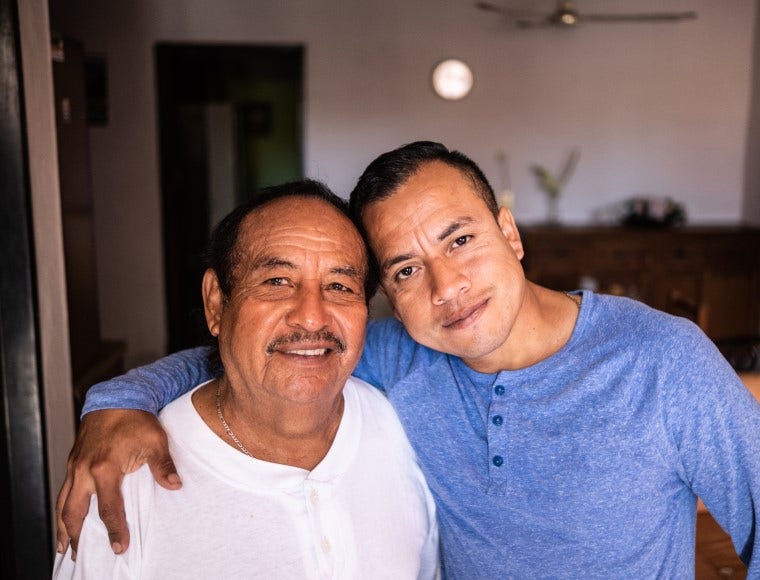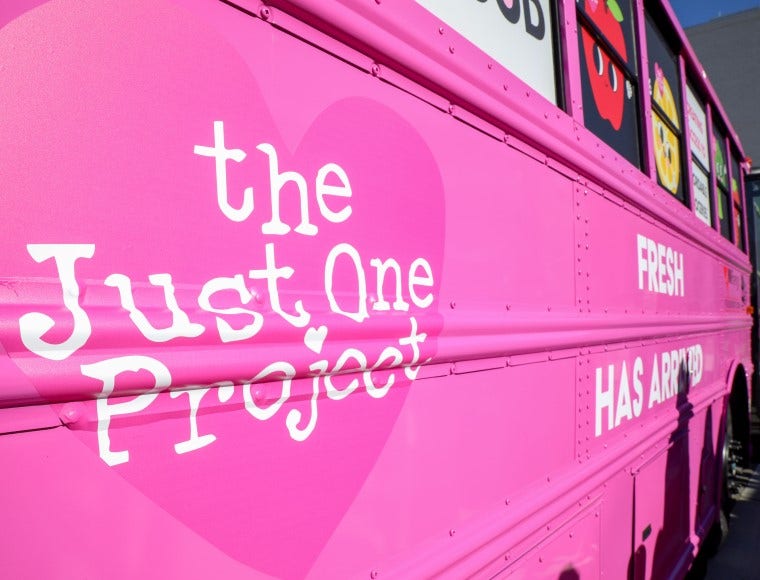According to the Atlanta Community Food Bank, nearly 1 in 8 Georgians is living with food insecurity, including 1 in 6 children. Food insecurity describes a household’s inability to provide enough food for every person to live an active and healthy life. A lack of access to healthy foods makes it incredibly difficult for individuals to effectively manage their health. But imagine if a patient with an empty fridge at home visited their care provider and left with a prescription for food. A partnership between UnitedHealthcare Community & State, Grady Health System, Atlanta Community Food Bank and local nonprofit Open Hand is doing just that.
The Food as Medicine partnership focuses on making sure patients and their families have access to healthy foods. Half of Grady Health System’s patient population are food insecure, and 63% of their patients diagnosed with diabetes are at risk of food insecurity. And since the onset of COVID-19, these numbers have only grown, with a 50% increase in overall food insecurity across the Atlanta metro region — meaning that now, more than ever, these prescriptions are essential to improving health outcomes. A $95,000 donation in 2019 and a $98,000 donation in 2021 granted by UnitedHealthcare to the Atlanta Community Food Bank has directly funded the Food as Medicine partnership, addressing the lack of access to healthy food options in the area.
Innovative food pharmacy meets patients where they are
Healthy foods can serve as an effective medicine for improving certain conditions such as diabetes — but only when they are accessible. To ensure that all patients who walk through Grady Health System’s doors have access to healthy foods, Grady created the Jesse Hill Market, an on-campus building that houses a food pharmacy, farmer’s market, café and teaching kitchen.
Every Grady patient, regardless of whether they come through the emergency department, clinic or surgery, is screened for food insecurity. Those who are at-risk or are already facing food insecurity are given a prescription for the Jesse Hill Market food pharmacy. This prescription is written for diet-specific needs depending on the patient’s condition to ensure that the food they receive will positively impact their health. And because the average person utilizes food pantry services for an average of 8 – 12 months, each prescription is renewable at follow-up visits to offer continual food support.
Sustainable model supports market’s future
The Jesse Hill café and farmer’s market serve as on-campus food options for patients, visitors and staff. The cafe offers healthy prepared meals for purchase, while the farmer’s market sells healthy grocery item to purchase and prepare at home. Eventually, the profits earned from these programs will help sustain the food pharmacy. But until the market can run on its own, UnitedHealthcare Community & State and other Food as Medicine partners contribute food and funding to support the program until it is better established.
Supporting community-based innovations
This community-level partnership has allowed UnitedHealthcare to care for the Atlanta community and is driving real results for Grady patients. In just the first year of the initiative, it has produced:
- 71,151 pounds of food, 86% being fresh produce
- 577 Pharmacy Visits
- 471 Enrollments
- 1,045 Referrals
- 188 Renewals
The partnership not only assists patients facing food insecurity, but it helps patients advocate for themselves in new ways. By opening the conversation around what kinds of foods are best for their conditions, and their options for connecting with food resources in their community, UnitedHealthcare is setting individuals up with long-term solutions to meet their needs and ultimately improve their health.
Finding new ways to address food insecurity requires continual attention and effort, and the opportunity with Grady Health System was a natural step to pursuing improved health outcomes for the local population. Grady is one of only eight programs across the nation utilizing a food pharmacy to improve outcomes for their patients. As we continue to work through the challenges of this model, we will look to share lessons learned around this innovative approach so that others may adopt similar programs to improve health outcomes for underserved populations.
